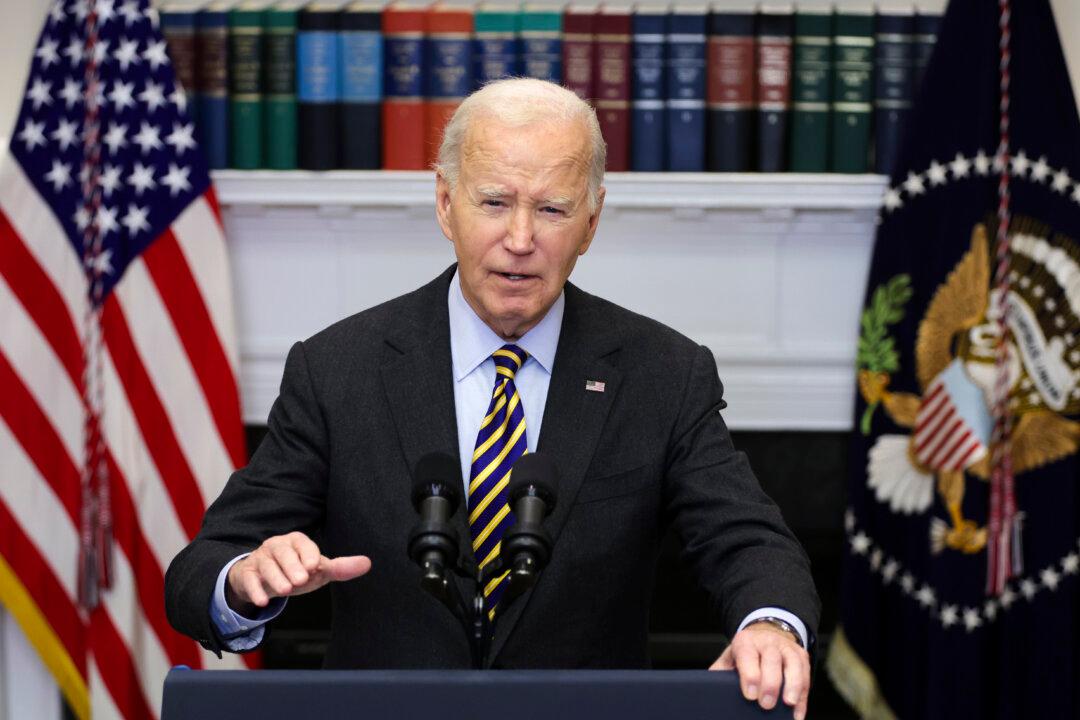President Joe Biden has signed an executive order to strengthen the United States’ cybersecurity capabilities following several high-profile hacks from state-sponsored actors in China.
The sweeping Jan. 16 order mandates new security requirements for software used by government entities and contractors, establishes a national certification program for secure technology, and lowers the threshold required for imposing tariffs on malicious cyber actors.




